Black Screen Without Cursor on Windows 10: 3 Ways to Fix it
Uninstalling your drivers in Safe Mode should fix this effectively
5 min. read
Updated on
Read our disclosure page to find out how can you help Windows Report sustain the editorial team. Read more
Key notes
- The Windows 10 black screen without cursor issue can be caused by corrupt boot files.
- You can fix this issue quickly by uninstalling and reinstalling your display and monitor drivers in Safe Mode.
- Another effective solution to this problem is to repair your boot files using a media installation tool.

The Blue Screen of Death error is the widespread issue that users dread facing on Windows PC. However, many users are not experiencing an unpleasant black screen without a cursor on Windows 10.
This makes your PC useless at the time, with no troubleshooting direction. Thankfully, this issue has some solutions, as shown in this guide.
What causes a black screen without a cursor on Windows 10?
Below are some of the causes of the Windows 10 black screen without cursor issue:
- Faulty display drivers: If you get a black screen without a cursor on Windows 10 before login, it is likely due to your graphic card drivers. The solution is to uninstall the drivers manually or use specialized software and reinstall them in Safe Mode.
- Corrupt boot files: If you are getting the Windows 10 black screen without a cursor on startup, it might be due to issues with your boot files. You need to repair these files by running some commands or using a dedicated boot repair tool.
How can I fix the black screen without cursor on Windows 10?
Below are some of the troubleshooting steps you should perform before making changes to your PC in a bid to fix this issue:
- Restart your system
- Press the sleep button and resume Windows
- Test your PC with a monitor
If these do not show any positive signs, you can delve into the fixes below:
1. Uninstall display drivers in Safe Mode
1.1. Enable Safe Mode
- Restart your PC multiple times to enter the Windows Recovery Environment.
- Select Troubleshoot > Advanced options.
- Now, choose Startup Settings.
- Next, click the Restart button.
- Press 5 or F5 to Enable Safe Mode with Networking when your PC restarts.
The first step towards fixing the Windows 10 black screen without a cursor issue is to go into Safe Mode with Networking. This will start your PC with only the needed drivers and components.
1.2. Uninstall display and monitor drivers
- Press the Windows key + R, type services.msc, and click OK.
- Double-click the Windows Update service to open its properties.
- Now, set its Startup type to Disabled and click the Stop button.
- Click the Apply button followed by OK and close the Services window.
- From here, press the Windows key + X and select the Device Manager option.
- Next, expand the Monitors section, and right-click the Generic PnP Monitor option.
- Now, select the Uninstall device option.
- Click the Uninstall button.
- Double-click the Display adapters option to expand it, and right-click each device.
- Select the Uninstall device option.
- Check the box for Delete the software for this device and click the Uninstall button.
- Finally, restart your PC.
If you started noticing the Windows 10 black screen without a cursor after updating your drivers, it might be due to incompatible or faulty drivers. The solution is to remove the display and monitor drivers in Safe Mode.
Note that you need to disable the Windows update before uninstalling the drivers. Else, the drivers will be reinstalled automatically, causing a repeat of the issue.
2. Perform a Startup Repair
- Restart your PC multiple times to enter the Windows Recovery Environment.
- Select Troubleshoot > Advanced options.
- Now, choose the Startup Repair option.
- Finally, follow the onscreen instructions to complete the process.
If you are experiencing the Windows 10 black screen on startup with no cursor and you can enter the recovery environment, performing a Startup repair is your best bet.
3. Use a Media installation tool
3.1. Perform automatic repair
- Create a media installation tool on another PC and insert it into yours.
- Boot your PC from the media tool and click Repair your computer on the Install Windows page.
- Now, select Choose an option in WinRE.
- From here, choose Troubleshoot > Advanced options.
- Finally, select the Automatic Repair option and follow the onscreen instructions to complete the process.
You need to use a media creation tool to troubleshoot if you cannot enter the Windows Recovery Environment due to the black screen without a cursor on Windows 10. The first thing to do is to use the Automatic Repair tool to fix any failing components on your PC.
3.2. Repair system files
- Repeat Steps 1 to 4 in Solution 3.1.
- Select the Command Prompt option.
- Now, type the command below and hit Enter:
Bootrec /RebuildBcd
Sometimes, the Windows 10 black screen without a cursor can be caused by a corrupt boot file. The solution is to repair the boot files using a media installation tool.
3.3. Perform a system restore
- Repeat Steps 1-4 in Solution 3.1.
- Select the System Restore option.
- Finally, follow the onscreen instructions to complete the process.
Finally, if the above steps cannot fix this issue, you must perform a system restore. This will help return the system to a time when it worked perfectly.
There you have everything you need to fix the Windows 10 black screen without a cursor issue. However, if the steps above do not work, you might need to reinstall Windows 10 or see a technician, as it might be a motherboard issue.
Feel free to let us know the solution that helped you fix this issue in the comments below.




















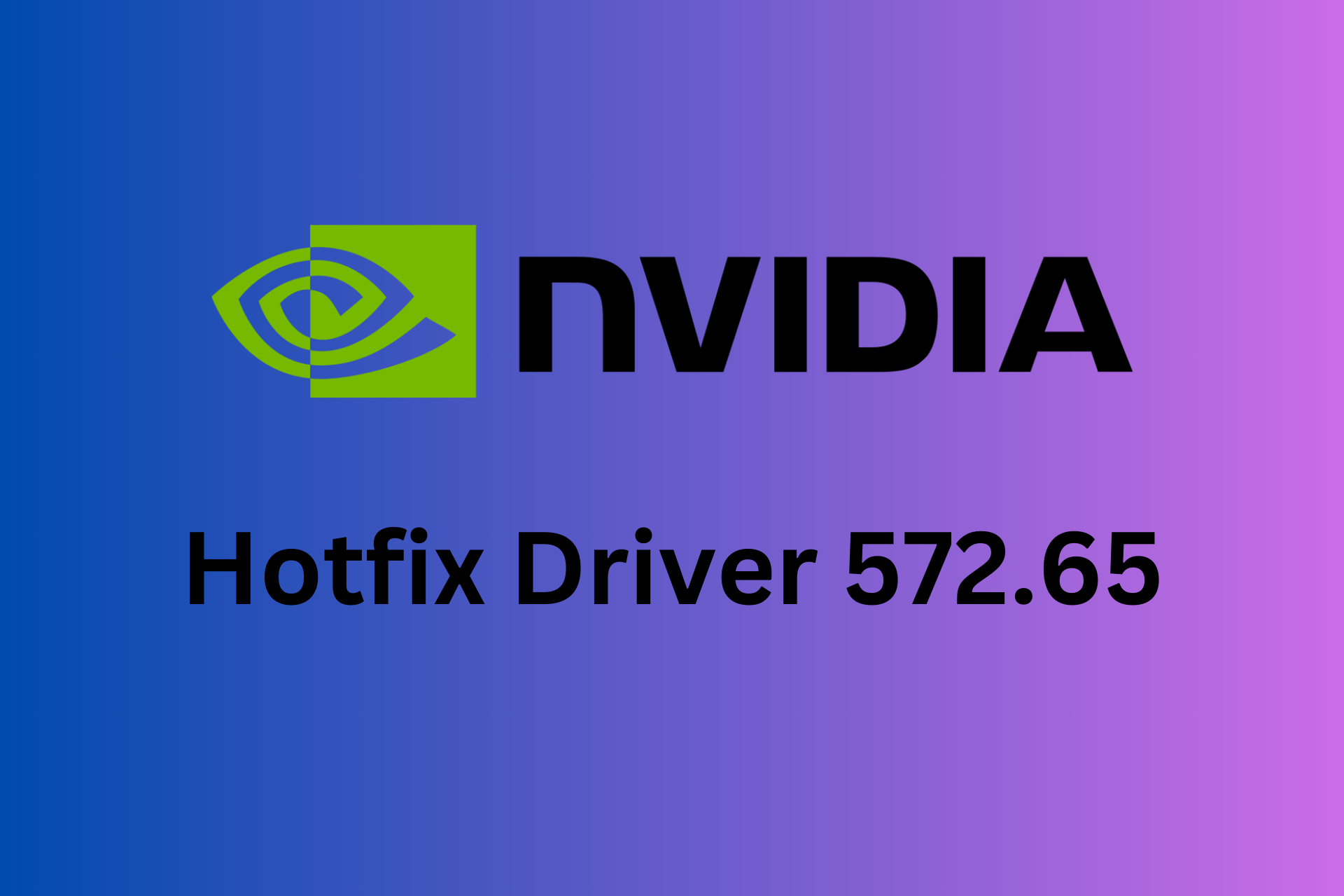
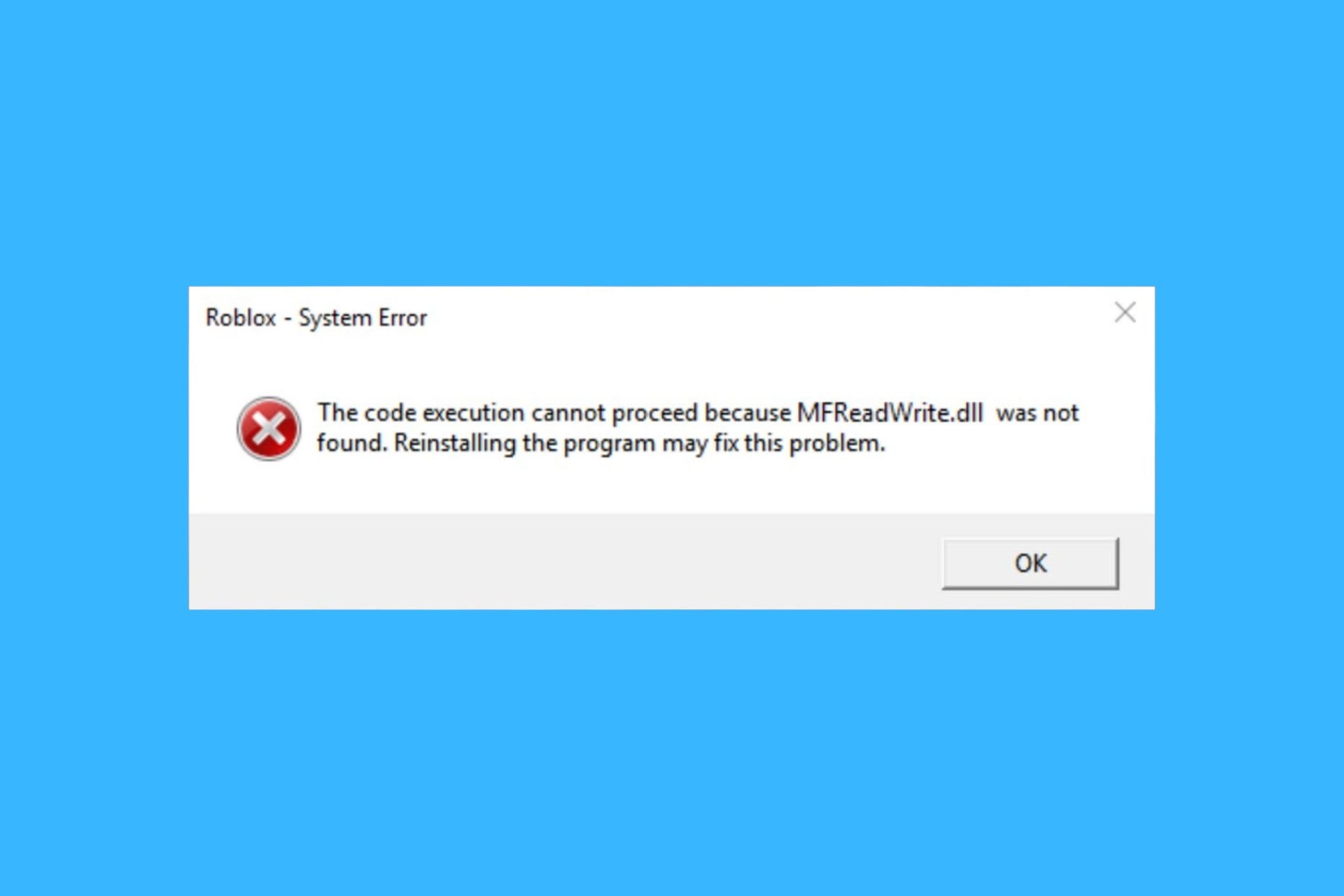
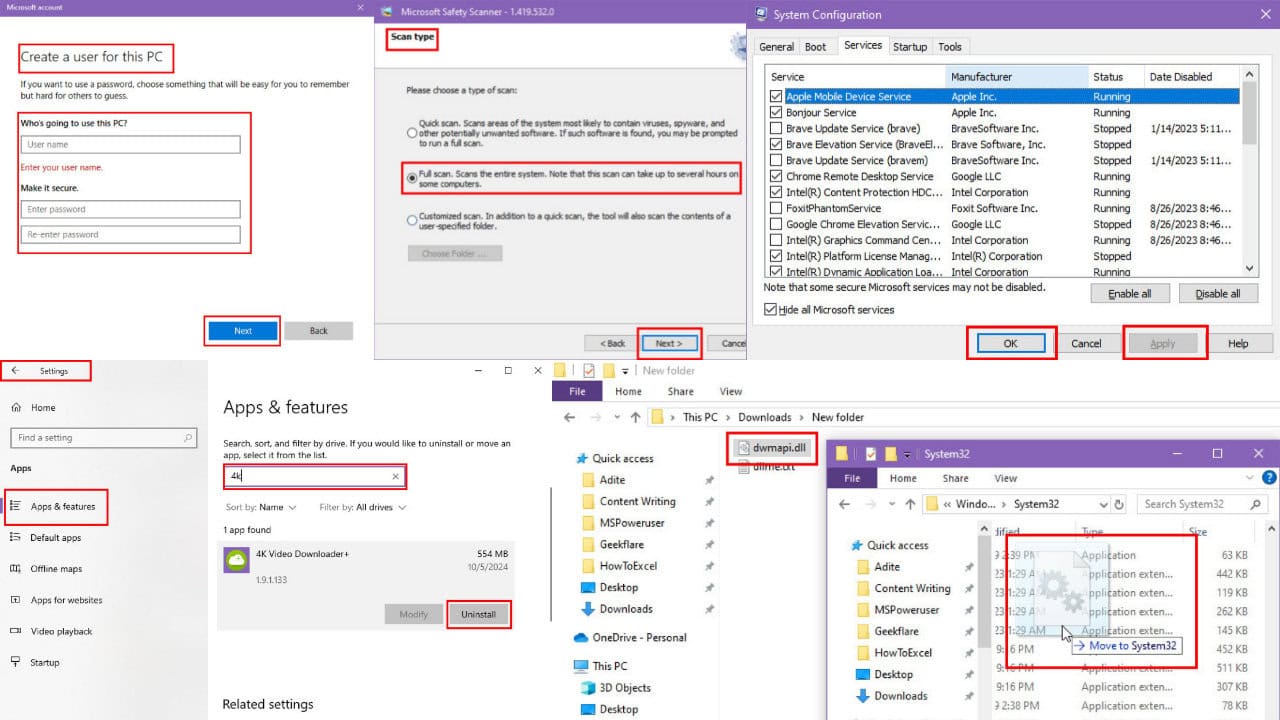
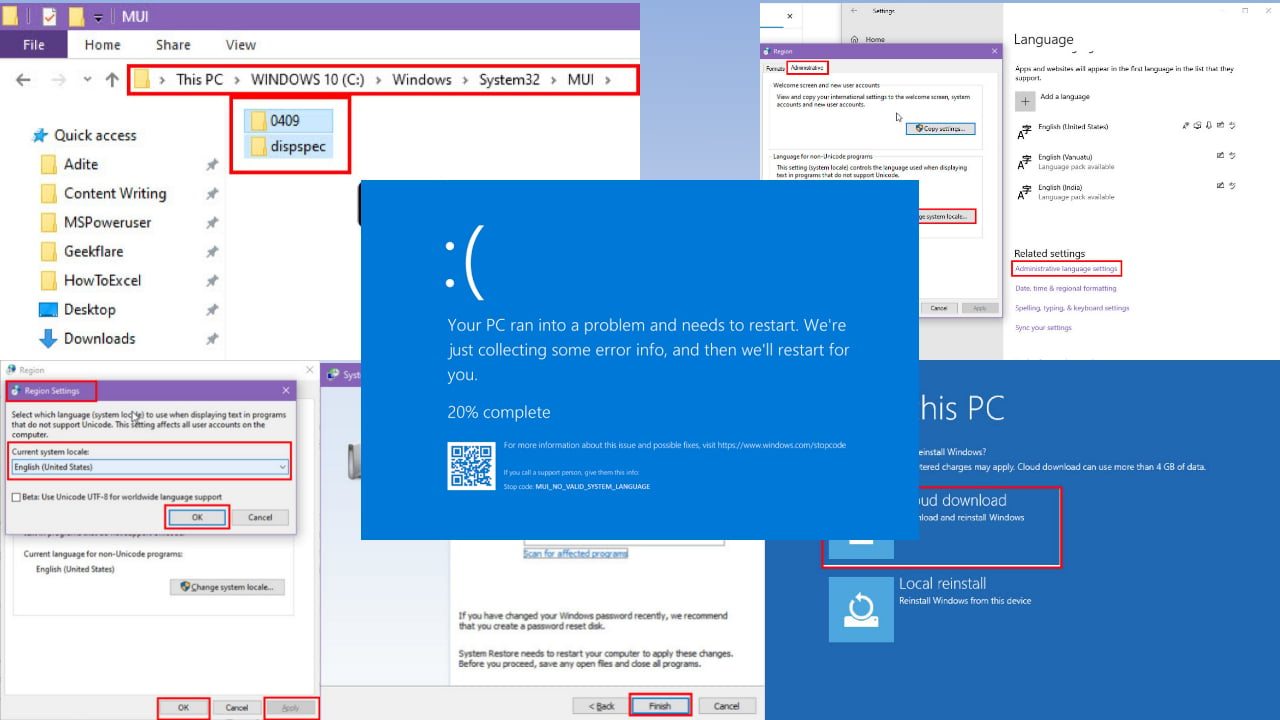
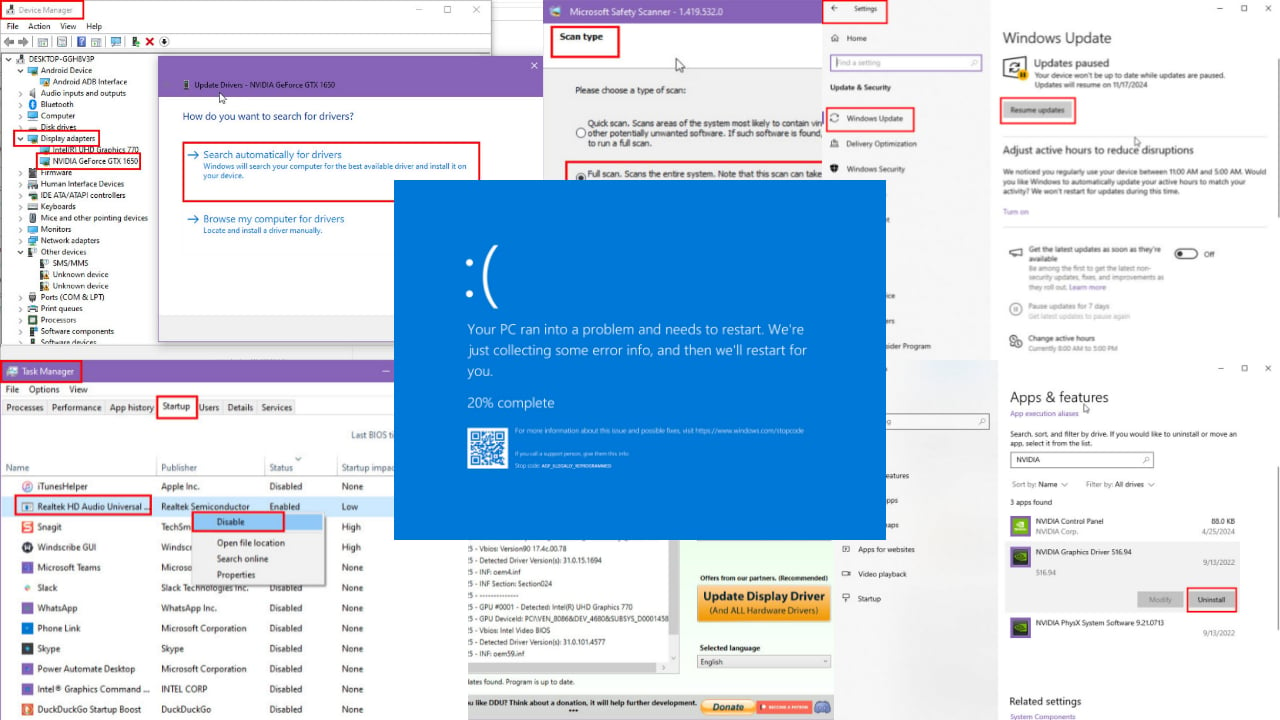
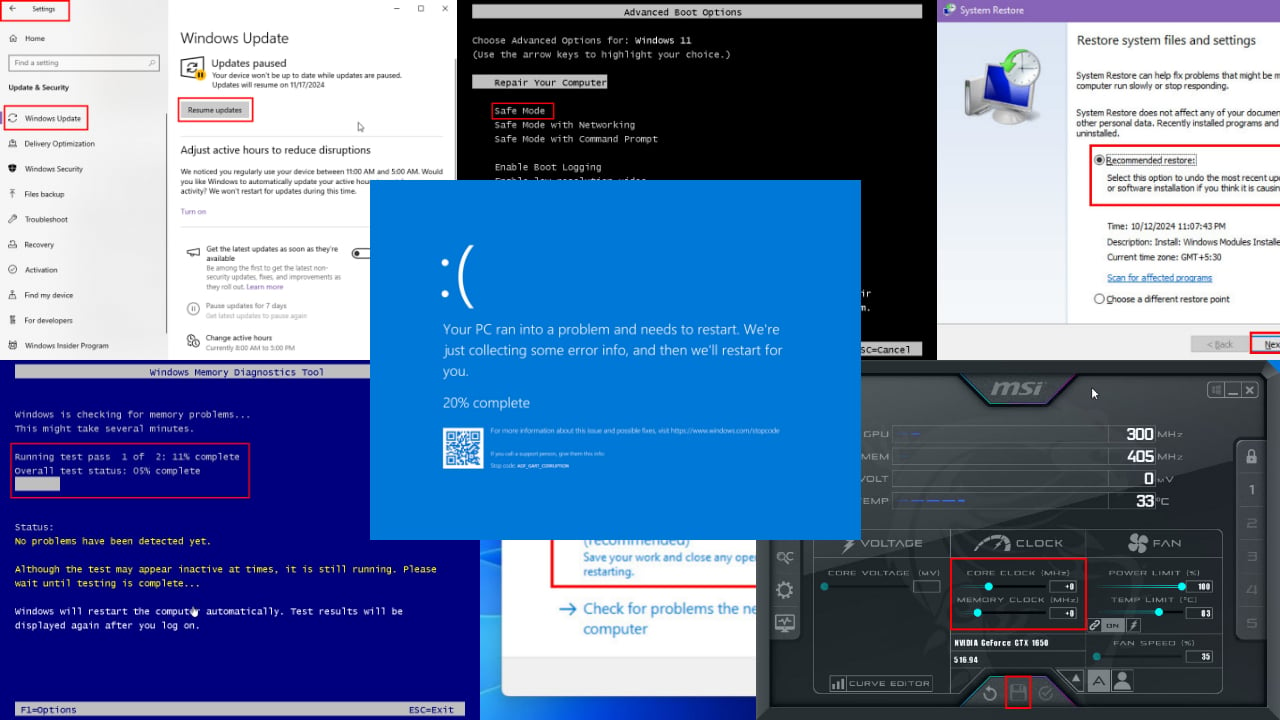
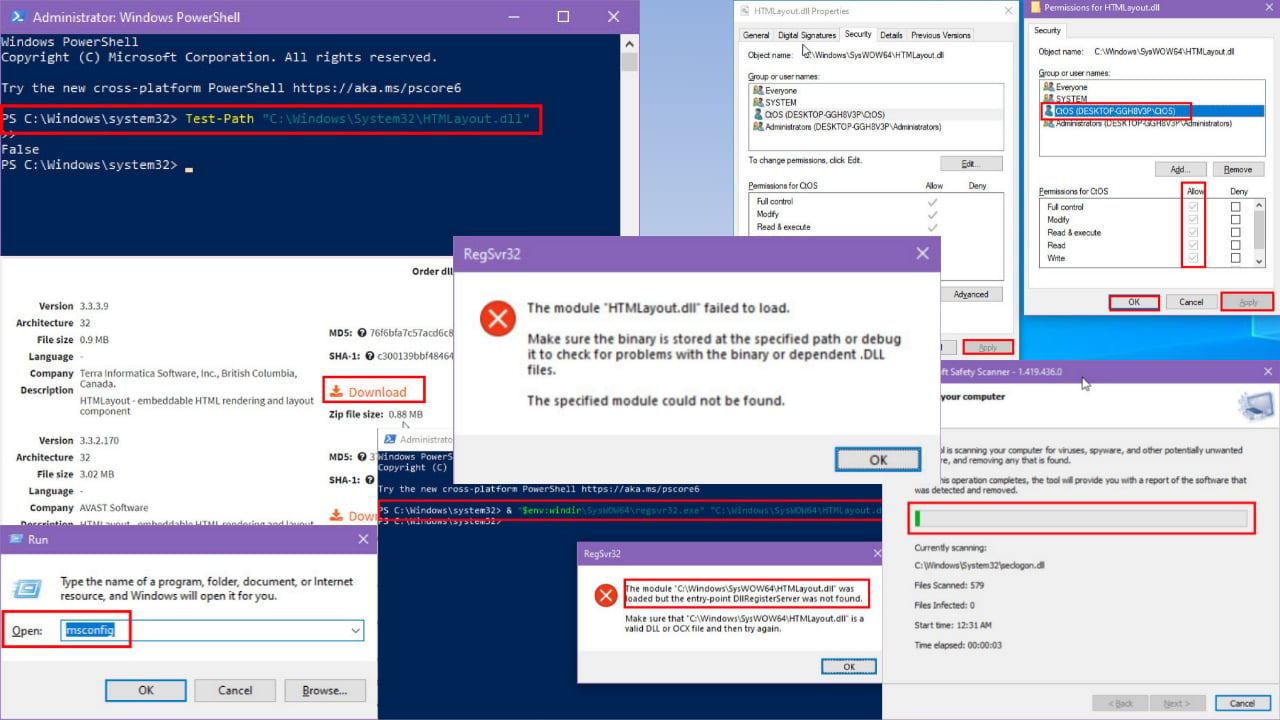
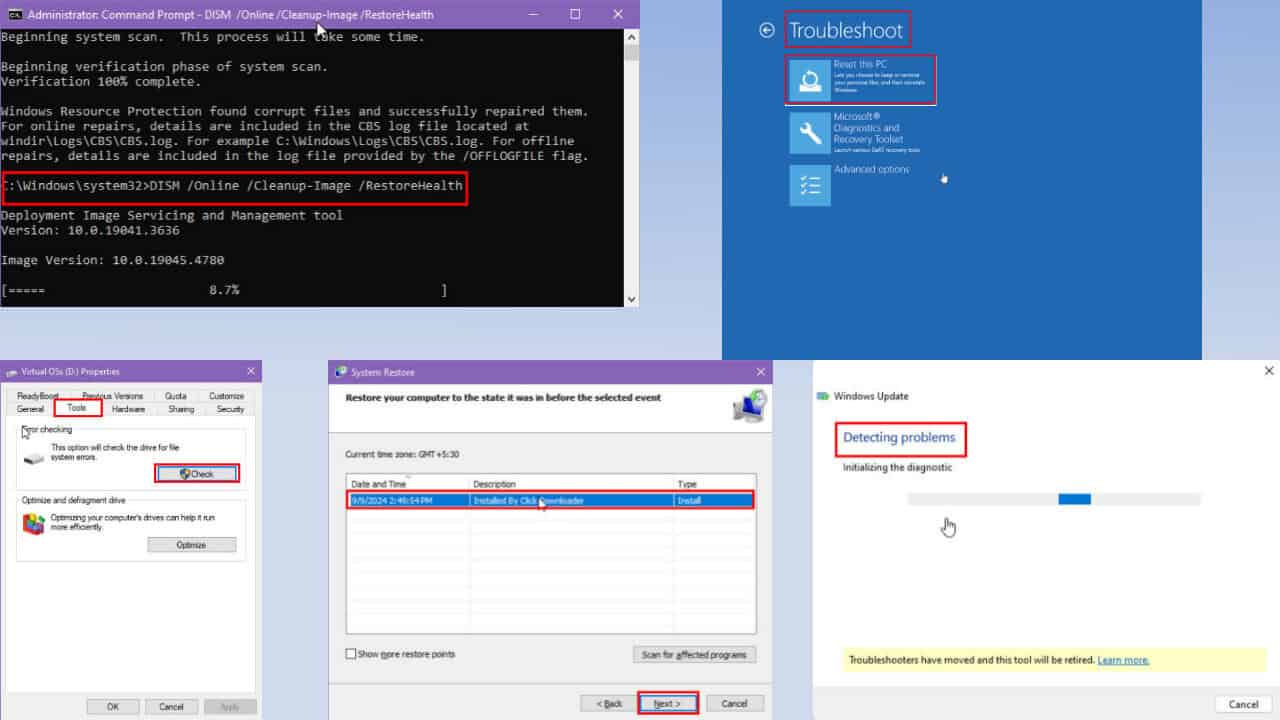
User forum
3 messages